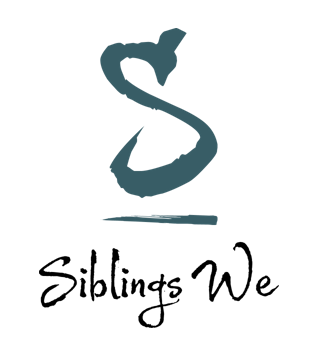Myra here.

Against The Loveless World [Amazon | Book Depository]
Written by Susan Abulhawa Published by Atria Books (2020, first published 2019) ISBN: 1982137037 (ISBN13: 9781982137038) Literary Award: Arab American Book Award for Fiction (2021), Reading Women Award Nominee for Fiction (2020) Bought a copy of the book. Book quotes and layout via Canva.
I have featured around ten books from This Is The Canon: Decolonize Your Bookshelf In 50 Books (Amazon | Book Depository) as part of our annual reading theme – pretty slow-going, I think especially since I am targeting to read and feature 25 books from their list for 2022. However, the titles that I am finding on my own resonate with me more. Not surprisingly, the novels I am discovering are written by women authors of color, such as the book above, which I read as part of our book club in my institution here in the UAE.
At first glance, this book seems to have a similar plot as the translated award-winning classic Woman At Point Zero by Nawal El Saadawi from Egypt [Amazon | Book Depository] (see my review here) included and featured in This Is The Canon – both women imprisoned for criminal activity, both are sex workers, preyed on by strong women who took advantage of their vulnerabilities, and both have been raped and tormented by the men they have encountered in their lives.
However, Abulhawa is a bit more ambitious in the scope (spanning multiple countries: Kuwait, Iraq, Jordan, Palestine, Israel) and depth of this narrative introducing the reader to fierce and defiant Nahr / Yaqoot / Almas – and the sociopolitical frame undergirding her story that blurs the personal and the political in this unforgettable book. I also appreciated how explicit the notions of colonialism are in this story (see quote below):

Thus far, this is the only book that took 90 minutes for our incredibly diverse book club to discuss; usually we finish after an hour or so. GatheringReaders members who attended our Zoom discussion are from Kuwait, Syria/Armenia, the UAE, the Philippines, and the United States of America. Our fearless group talked about prostitution, the margins of honor and morality, homosexuality, what constitutes heroism, Saddam’s emancipatory figure (surprising for me – something I only learned after reading this novel), radical love, the US’ culpability – and what it means to be a woman in the face of all this.
As a transnational female of color, I was moved by Abulhawa’s description of disenfranchisement and being in between nations:

The author’s descriptions of meals and what they signify in one’s culture and one’s feelings of dispossession made me want to hunt down the types of food she mentioned in the story. I am grateful to the Emirati members of our book club who have given us stellar recommendations on places to go here in the UAE to find some of the authentic Kuwaiti and Palestinian dishes mentioned in the book.

The character growth of Nahr / Yaqoot / Almas – especially as evidenced through her relationship with her family, her mother in particular – and how her views have evolved over time with all that she has experienced as a woman struggling to survive and support her family was nuanced and moving:

And then there is the political aspect of the narrative which I devoured with my eyes, in all its painful and unadorned truths:

Nahr’s method of resistance, otherwise known as ‘weapons of the weak’ – initially dismissed and diminished by her ‘comrades’ and fellow revolutionaries, is one that I actually find to be more sustainable and organic. As I was thinking of the title of this post, however, I replaced “weak” with “disempowered” – because Nahr did not ever strike me as ‘weak’ – disempowered, yes, but always defiant and valiant in the face of oppression.

I find it interesting that stories like this did not make it in the list of books featured in This Is The Canon – which has solidified my intention to create my own list in the future. Abulhawa from Palestine and Aboulela from Sudan (see my review of Lyrics Alley here [Amazon | Book Depository]) would definitely be at the top of the list.

#DecolonizeBookshelves2022 Update: 66 out of target 100
July 14, 2022 at 06:31AM Myra Garces-Bacsal



